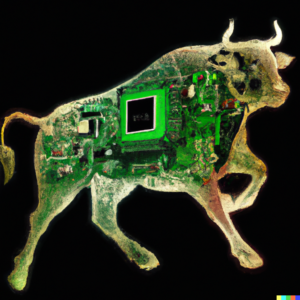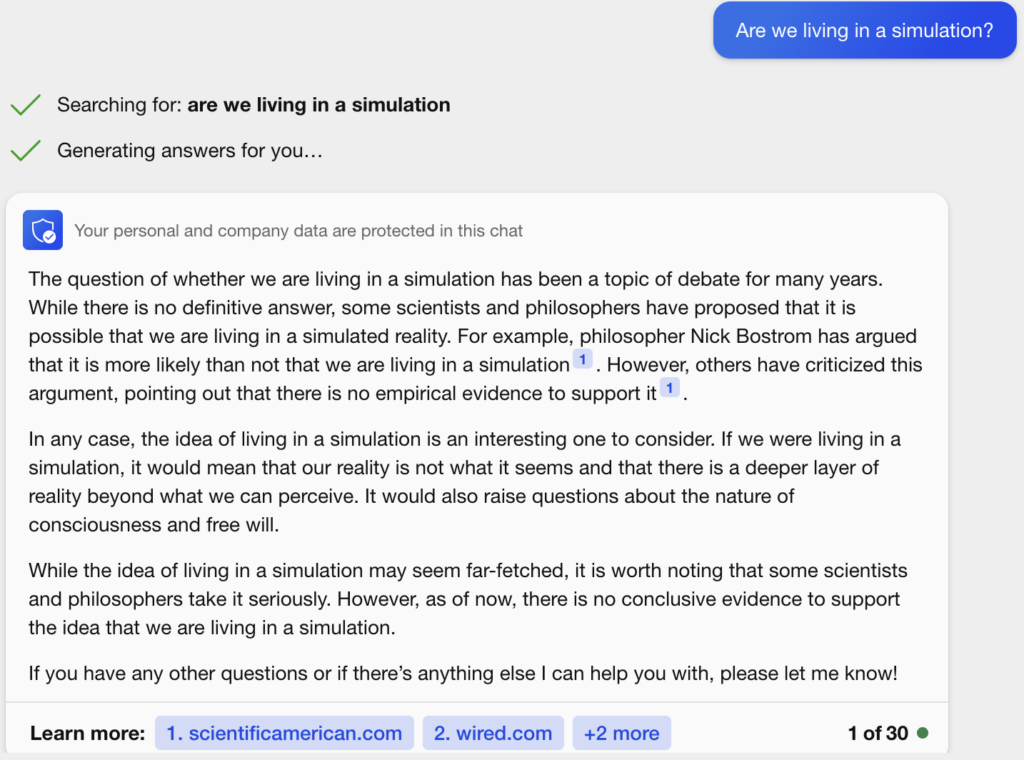Welcome to the latest edition of FindBiometrics’ AI update. Here’s the latest big news on the shifting landscape of AI and identity technology:

Arm’s IPO was a hit. The chip design’s stock rose considerably from its list price on its first day of trading, bringing its valuation to about $65 billion. The successful Nasdaq debut was a huge win for the tech-focused investment firm SoftBank, which raised almost $5 billion while retaining over 90 percent ownership of Arm; and it signalled ongoing excitement about AI in the financial markets.
CoreWeave, a provider of GPU-driven cloud computing for AI training, has secured $2.3 billion in debt financing as it races to scale up to meet demand. It had raised $421 million in funding rounds in April and May of this year, but was compelled to seek its loan for “financial headroom and flexibility”, in the words of CEO Michael Intrator, as it seeks to build a new, $1.6 billion data center in Texas and bring in additional talent.
Silicon Valley startup Enfabrica has raised $125 million in a Series B funding round led by Atreides Management, and featuring Nvidia, among others. The company is working on a specialized network chip for data centers that lets Nvidia GPUs process data from multiple sources efficiently, instead of sitting idle because they can’t be fed data fast enough, as is sometimes the case now.
New York-based startup Deduce has raised $9 million in a funding round led by Freestyle Capital and featuring Foundry and True Ventures. The company has been developing a system, called “GenAI Identity”, designed to detect AI-generated identity fraud by leveraging “multi-contextual activity-backed intelligence” to analyze data for patterns indicating the use of synthetic identities for account opening, and to detect “sleeper” identities that have already been onboarded.
Software makers including Adobe, Salesforce, and Zoom are forgoing additional charges for AI upgrades to their offerings, despite Microsoft’s plans to charge an extra $30 per month for generative AI capabilities in its Office platform. “It is still so new, nobody quite knows how to price this,” explained IDC tech analyst Wayne Kurtzman to the FT.
Tesla CEO Elon Musk called for regulation of AI technologies in closed-door hearings this week, and focused on deep learning technologies as an area of particular concern, according to a Bloomberg report. Musk has previously warned that AI could cause “civilization destruction”. That having been said, he has also speculated that we are probably living in a software-based simulation.
A group of eight additional tech giants have signed on to the White House’s voluntary AI safety protocols announced in July. Nvidia, IBM, Palantir, and Stability, the maker of the Stable Diffusion text-to-image generator, have joined the likes of Microsoft, Meta, and OpenAI in committing to safeguards such as watermarking generated media and allowing external audits of AI models before launching them.
The chatbot’s take: This week, Bing gets philosophical.

–
September 15, 2023 – by Alex Perala








Follow Us